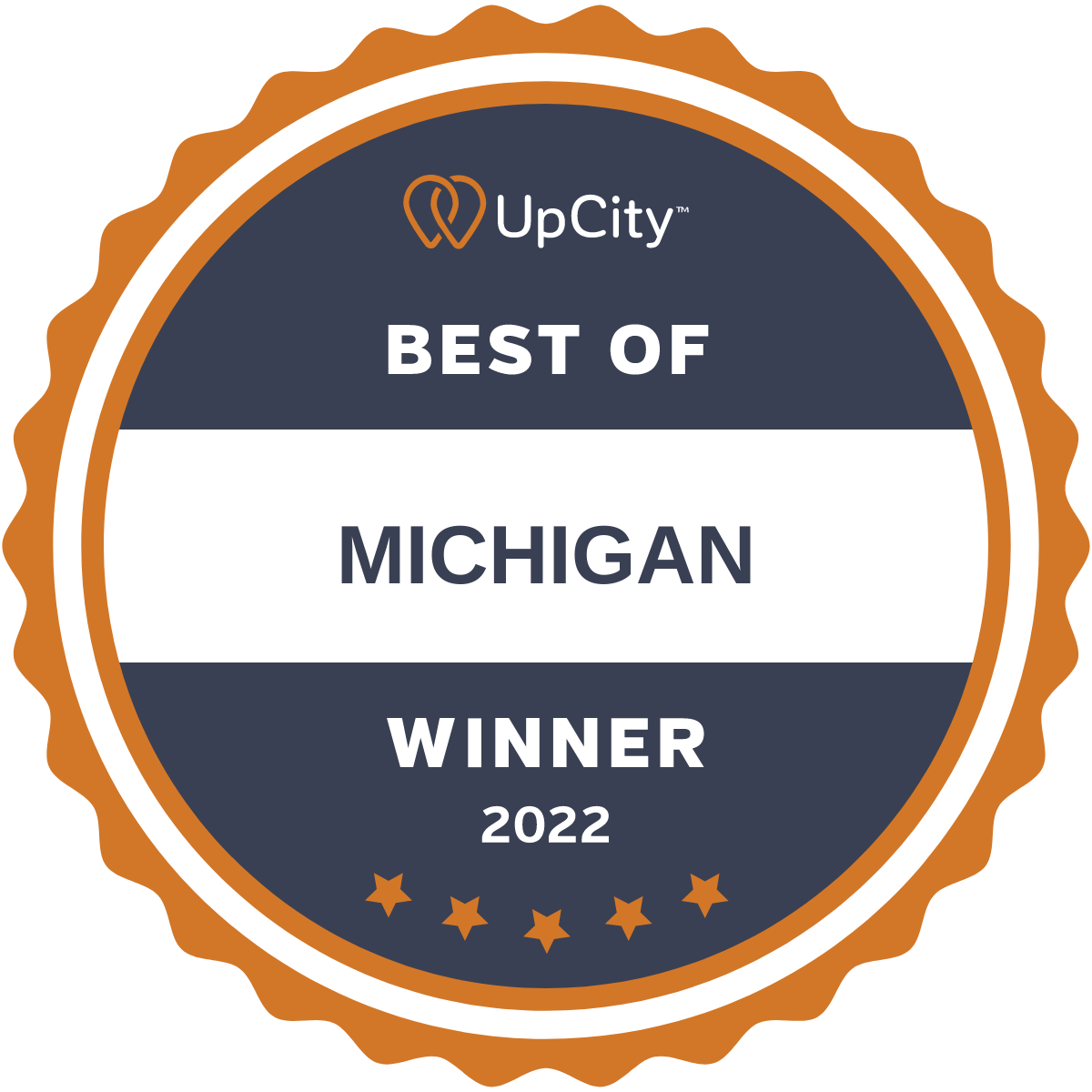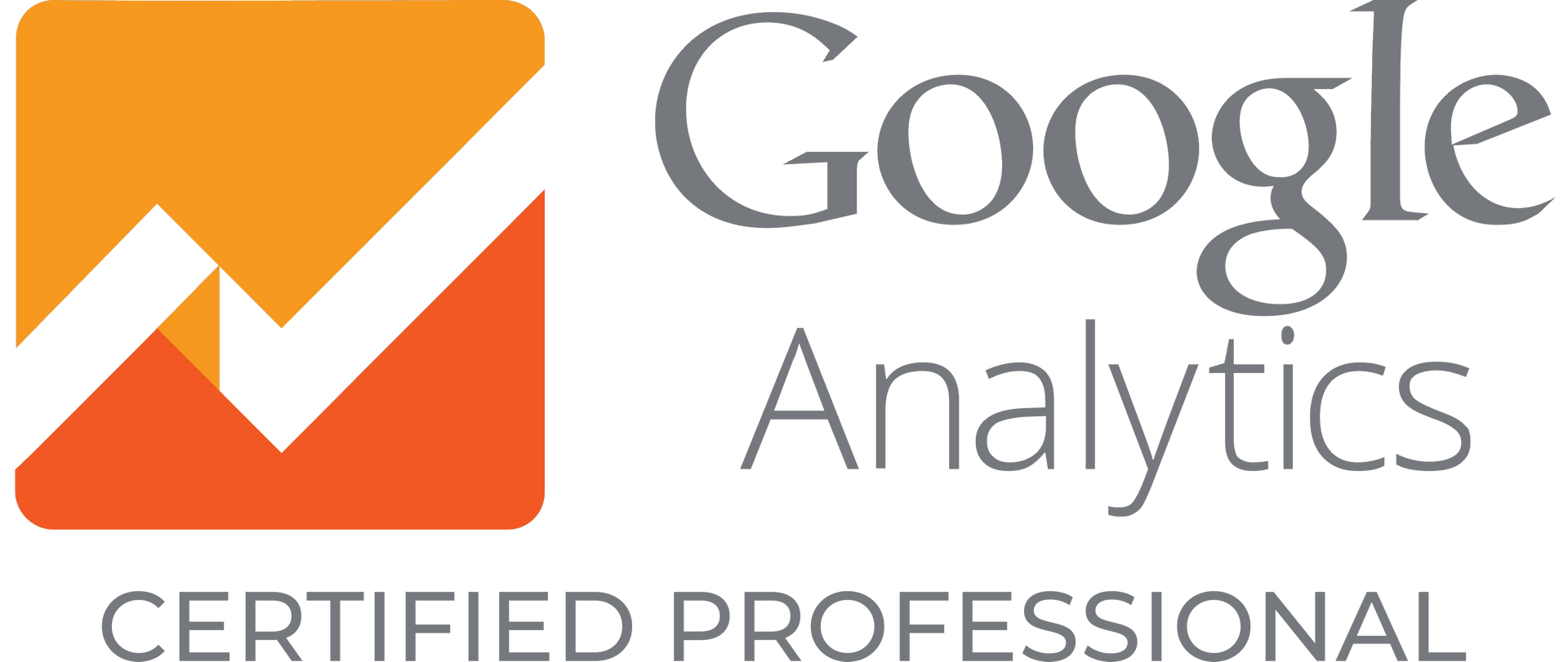Understanding and Implementing Google E-E-A-T for SEO
Google consistently seeks newer ways to improve the quality of online results. One of the most significant developments in this regard is the concept of E-E-A-T, which stands for Experience, Expertise, Authoritativeness, and Trustworthiness. This framework is central to how Google evaluates websites' quality and content, ensuring that users are provided with reliable, relevant, and accurate information.
📲 Do you need an expert resource in search engine optimization? Schedule a Call with Speck Designs. 📞
Initially, Google focused on E-A-T, encompassing Expertise, Authoritativeness, and Trustworthiness. However, the increasing importance of firsthand knowledge and real-world Experience led Google to introduce an additional "E" to the acronym, emphasizing the role of Experience. Understanding and effectively implementing E-E-A-T is crucial for any website looking to succeed in the competitive world of online search.
Understanding E-E-A-T
E-E-A-T is not a direct ranking factor in Google's algorithm, but it is an essential set of guidelines that human raters use to assess the quality of search results, which makes it an important addition to any serious SEO campaign.
These raters evaluate whether a website demonstrates strong E-E-A-T characteristics, influencing how Google's algorithm ranks the site. Websites that excel in E-E-A-T are more likely to perform well in search engine results pages (SERPs), as they are deemed to provide higher-quality content.
Experience
Experience refers to an author's firsthand knowledge or involvement with a particular topic. This could involve personal experiences, direct observations, or hands-on practice. For example, an article about hiking trails written by someone who has hiked those trails will be viewed as more credible and valuable than content produced by someone who has researched the topic online.
Experience can be demonstrated through various content formats, such as personal anecdotes, case studies, and how-to guides. These types of content provide readers with unique insights that are difficult to replicate through secondhand knowledge. In a world where information is abundant but often unreliable, showcasing firsthand experience helps build trust with the audience and differentiates the content from competitors.
Expertise
Expertise is a critical component of E-E-A-T and refers to an author or website's depth of knowledge on a given subject. To demonstrate expertise, content should be comprehensive, accurate, and well-researched. This often involves citing reputable sources, incorporating peer-reviewed studies, and collaborating with subject matter experts.
Building expertise also involves continuously updating content to reflect the latest developments and trends in the industry. This ensures that the information provided remains relevant and valuable to the audience. As users increasingly rely on search engines to find answers to complex questions, websites that can demonstrate true expertise will be favored by both users and search engines.
Authoritativeness
Authoritativeness refers to a website or author's recognition and credibility within their field. It is often established through factors such as backlinks from reputable websites, media coverage, industry awards, and thought leadership. When other authoritative sources cite a website, it signals to Google that it is a reliable and respected source of information.
Building authoritativeness requires a strategic approach. This might involve participating in industry conferences, contributing to reputable publications, and engaging in online forums where experts gather to discuss relevant topics. Additionally, earning backlinks from high-authority websites can significantly boost a site's perceived authoritativeness, as these links act as endorsements from trusted sources.
Trustworthiness
Trustworthiness is perhaps the most critical component of E-E-A-T, as it directly impacts how users perceive the reliability of a website and its content. Trustworthiness is built through transparency, honesty, and a commitment to user satisfaction. This includes clearly stating authorship, providing detailed contact information, and responding promptly to user inquiries.
A trustworthy website will have clear privacy policies, secure payment options, and transparent business practices. Additionally, displaying author bios with relevant credentials and affiliations helps users verify the expertise of the content creators. When users feel confident that they can trust the information provided, they are more likely to engage with the content and return to the site in the future.
Demonstrating E-E-A-T
To enhance E-E-A-T, websites must focus on several key strategies highlighting their experience, expertise, authoritativeness, and trustworthiness.
One effective way to demonstrate experience is by sharing personal stories, case studies, and behind-the-scenes insights. These types of content provide readers with unique perspectives and real-world applications that competitors can't easily replicate. For example, a blog post about successful business strategies might include a case study of how a specific tactic was implemented and achieved results. This showcases the author's firsthand experience and provides practical insights for the audience.
Developing detailed author bios highlighting relevant experience is another way to build credibility. By showcasing the backgrounds and qualifications of content creators, websites can help users understand why the information provided is reliable and trustworthy.
To demonstrate expertise, websites should focus on creating comprehensive, well-researched content that provides in-depth knowledge on the subject matter. This might involve citing reputable sources, incorporating peer-reviewed studies, and collaborating with subject matter experts to ensure the accuracy and relevance of the information provided.
For example, a website dedicated to fitness might include articles that cite scientific studies on the benefits of specific exercises or nutrition plans. By referencing credible sources, the website can build a reputation for providing reliable, expert advice.
Collaborating with experts in the field can also enhance a website's perceived expertise.
Building authoritativeness involves more than just creating high-quality content; it also requires establishing a robust online presence and earning recognition from reputable sources. One effective way to do this is by earning backlinks from authoritative websites in the industry. These backlinks act as endorsements, signaling to Google that the site is a trusted source of information.
Securing media coverage, industry awards, and other forms of external recognition can also enhance a website's authority. For example, being featured in a well-known publication or receiving an industry award can significantly boost a website's credibility and visibility.
Trustworthiness is built through transparency and a commitment to user satisfaction. Websites should clearly state authorship, provide detailed contact information, and offer multiple ways for users to get in touch, such as phone, email, and live chat. This transparency helps build trust with users, who feel more confident in the reliability of the information provided.
Key Takeaways
E-E-A-T is a fundamental aspect of search engine optimization and is critical in determining a website's success in search results. Understanding and implementing E-E-A-T strategies can enhance your website's credibility, user experience, and search visibility.
Remember that E-E-A-T is an ongoing process. Continuously evaluate and improve your website's E-E-A-T profile to stay ahead in the competitive digital landscape. Whether creating new content or updating existing material, keep the principles of Experience, Expertise, Authoritativeness, and Trustworthiness at the forefront of your strategy. By doing so, you'll build a website that not only ranks well in search results but also earns the trust and loyalty of your audience.










